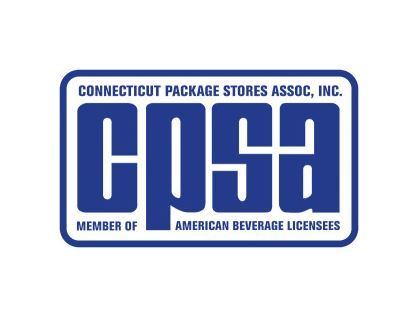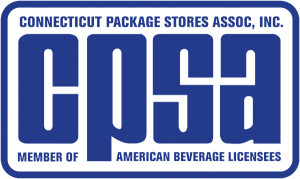

Sean Hughes, Account Director, Connecticut Package Stores Association.
By Sean Hughes
It has been more than six months since the last of Connecticut’s bottle bill expansion has taken place. As of Jan. 1, essentially all handheld beverages are in the bottle bill and have a redemption value of 10 cents. Listening to package store owners across the state, it appears that in most areas the increase in redemption that was forecasted did not occur or remained at current levels. The concern back in December was that the increase to 10 cents could have encouraged customers to stockpile their empty product bottles over the course of 2023 in order to gain a profit on products that only had a 5-cent deposit at the time.
As conversations about the bottle bill continued this session at the State Capitol, the testimony from the grocery stores and redemption centers seemed to indicate a large increase. The customers seemed to be bringing the bulk of their redemptions to the grocery stores, which have reverse vending machines, and to the redemption centers across the state, which are designed to accept thousands of containers at one time.
While the bottle bill is something that Connecticut has had since 1978, some of the states that border Connecticut do not have a bottle bill or do not have one that has a redemption value that is the same value as we have here. Rhode Island, during their 2024 legislative session, has now seen bottle bill legislation introduced. The legislation comes after Rhode Island set up a group last year with stakeholder involvement to review different bottle bill programs around the nation.
There are currently 10 states that have a bottle bill program. In New England, Rhode Island and New Hampshire are the only states without a bottle bill program in place. The Rhode Island legislation is quite broad and looks to be more expansive than even Connecticut’s. The current legislation that was introduced with a month left in the Rhode Island legislative session (which concludes on June 30) looks to include bottles as small as 50-milliliter bottles to as large as 3-liter soda bottles. The covered containers would each have a redemption value of 10 cents.
 The legislation has received pushback from the beverage industry as a whole. Cited concerns include how it would impact consumers’ buying habits with the 10-cent fee attached to the product. Still, a range of Rhode Island and New England-based environmental groups advocated that a bottle bill in Rhode Island would, in their opinion, reduce litter and increase recycling in the state.
The legislation has received pushback from the beverage industry as a whole. Cited concerns include how it would impact consumers’ buying habits with the 10-cent fee attached to the product. Still, a range of Rhode Island and New England-based environmental groups advocated that a bottle bill in Rhode Island would, in their opinion, reduce litter and increase recycling in the state.
The bill’s sponsor, Rep. Carol McEntee of South Kingstown, has been an advocate for the program for the last few years. The legislation would also have a nonprofit center that would be funded by beverage producers to oversee the program and install redemption centers throughout the state. This would mean that retailers would not be responsible for setting up collection locations inside their stores for redeemable items. This was something that retailers in Rhode Island had pushed for after hearing about the redemption process in surrounding states. The legislation is moving through the process but needs to pass the House and Senate before it would reach the governor’s desk for signature.
The ongoing bottle bill issue in Rhode Island is something that the Connecticut Package Stores Association (CPSA) and the rest of our state’s beverage industry will be watching closely. Here in Connecticut, CPSA continues to ensure that 50-milliliter bottles, along with wine and spirits bottles, do not end up in the bottle bill, as that would be something that store owners would be required to accept back in their stores. If you have questions on the industry issues here or in our neighboring states, contact us. We are committed to mitigating negative impacts as much as we can and communicating to you how our industry could change.
Find out more about any of these issues and the benefits of membership at ctpsa.com.



